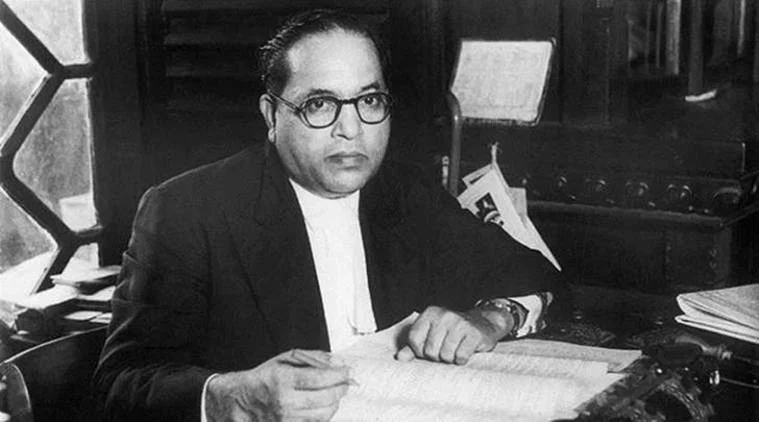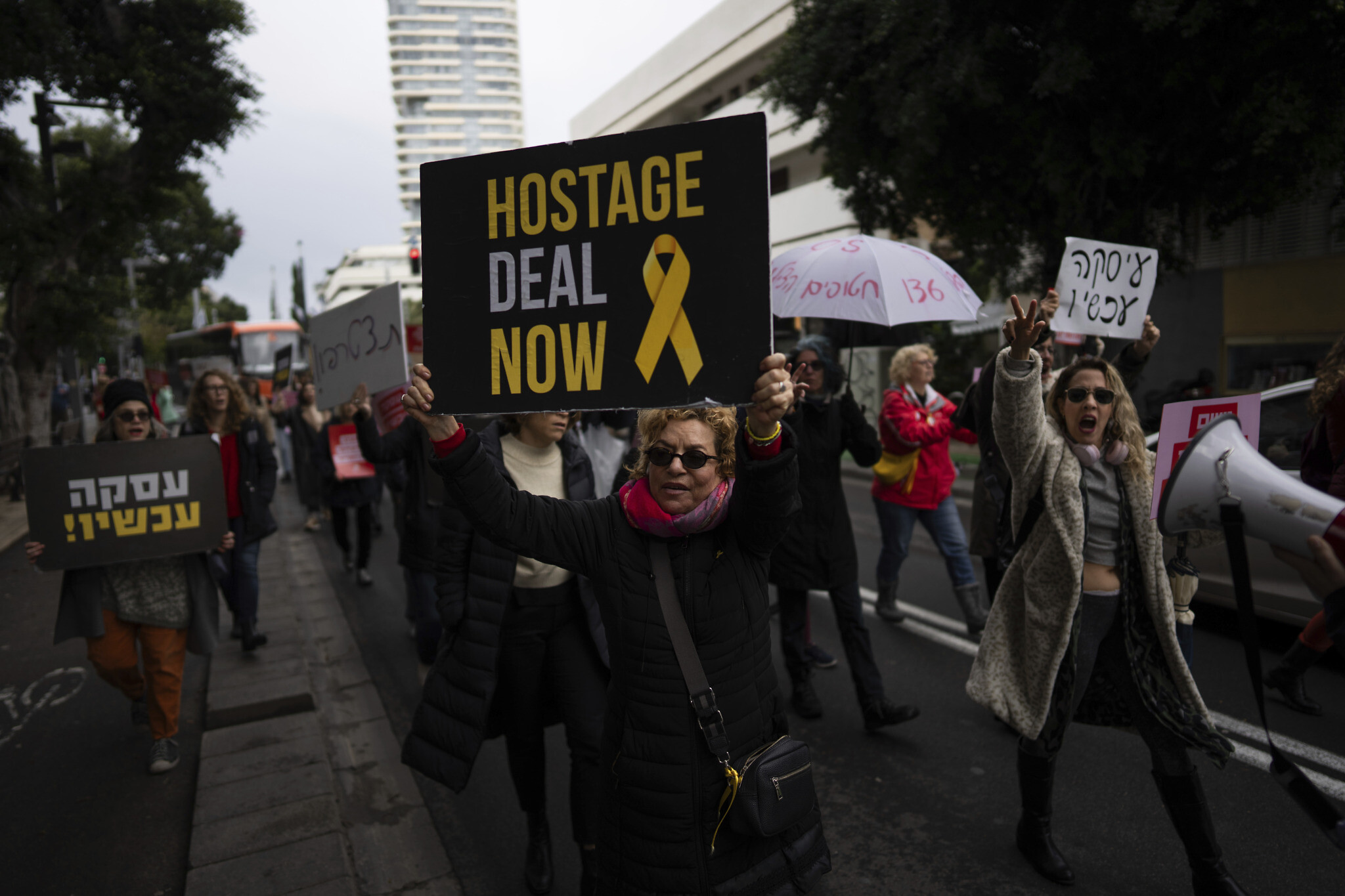Trump's Battle To Be On US President’s Ballot, 'Trump Versus Anderson' In The Us Supreme Court


Recently I came across two articles which gave me pause for thought. One of the articles was penned by legal luminary and Senior Advocate Mr. Harish Salve, titled “Rise and fall of the PIL: Courts Are Increasingly Being Asked To Intrude Into The Elected Executive’s Domain,” published in The Times of India (TOI) on June 5. The other article,“ A Strange Salvo From Salve,” written by Senior Advocate Navroz Seervai, was published in the Bar & Bench on June 10.
In his article, Mr. Salve begins by giving some historical context into the birth of PILs, highlighting that “In their traditional mould, a court adjudicates disputes between parties – and in that context examines the causes brought before them.” Starting with the redressal of the “violation of constitutional rights of the underprivileged” and putting a stop to “apathy in enforcing environmental law” constitutional courts, says Mr. Salve, began to examine causes that came to them in the form of PILs. Mr. Salve also denunciates the concomitant rise of organizations and “eminent members of civil society” whose “objective was to file PILs to champion public causes,” and over time, have begun to file Public Interest Litigations (PILs) to obtain orders from Courts which suit their point of view or further their interests in creating “pseudo-constitutional rights.”
By censuring the rise and existence of such public-interest organisations, Mr. Salve has basically condemned every organisation which has and continues to make steadfast efforts to protect the underprivileged. Mr. Salve, a respected lawyer, horrifyingly implies that the great work done by such organisations and individuals in championing the causes of the downtrodden by approaching courts to seek justice is almost useless and meaningless. I would like to remind readers that some of the landmark decisions of our courts in PILs have helped welfare measures embodied in our legislation to reach the masses and underprivileged people of our country. These include Peoples Union of Democratic Rights V. Union of India AIR 1982 Sc 1473; Shiram Food & Fertiliser Case -AIR (1986) 2 Sc 176; Vishakha V. State of Rajasthan; M.C.Mehta V. Union of India (1988)1SCC 471; Parmanand Katare V. Union of India AIR 1989 SC 2039; Council For Environment Legal Action V. Union of India (1996) 5 SCC 281, to name a few.
Dr. Hans Dembowski, a German Scholar and journalist says, in his book - “Taking The State To The Court -- Public Interest Litigation and The Public Sphere In Metropolitan India: “It can be generalised that, through the instrument of Public Interest Litigation, the judiciary has become a forum in which to debate governmental lawlessness. It can provide some transparency and, while not being guaranteed road to relief, it does provide at least a chance of improvement. It is strengthening the sense of public sphere by forcing government agencies to become involved in serious discourse with citizens in an arena that is not as inconsequential as promises on the campaign trail tend to be.”
If we agree with Dr. Dembowski about the judiciary’s new, organic role, then Mr. Salve’s argument against public-interest individuals is utterly irresponsible. It appears that Mr. Salve is highlighting the alarming helplessness of our superior judiciary, suggesting that it has become incapacitated and vulnerable, by permitting members of civil society to pursue self-interested “pseudo-constitutional rights.” This term is something I have not heard, not as a legal student or a lawyer who continues to update himself on the law and its place in our society. What does he mean by “pseudo-constitutional rights”? Does he underestimate our superior courts to such an extent by claiming that they do not possess the simple vision of acknowledging what Constitutional rights and privileges are? Are our superior courts toothless and helpless to contain the frivolity and misuse, if any, of Public Interest Litigations (PILs)?
In his zest to condemn the PILs and their associated litigators, Mr. Salve forgets the great role played by these organizations in uplifting our society by helping legislated welfare reforms actually reach the needy. Mr. Salve should remember the words of the Supreme Court of India in the People’s Union For Democratic Rights V. Union of India (AIR 1982 SC 1473): “Public Interest Litigation, as we conceive it, is essentially a cooperative or collaborative effort on the part of the petitioner, the State or public authority and the court to secure observance of the Constitutional or legal rights, benefits and privilege conferred upon the vulnerable sections of the community and to reach social justice to them.”
The title of Mr. Salve’s article possibly suggests that the superior courts are overreaching their jurisdiction by entertaining PILs filed by “‘eminent’ members of civil society”. Again, to counter this claim, a reminder of the Supreme Court’s views is necessary. In Delhi Jal Board V. National Campaign For Dignity and Rights of sewerage & allied Workers and Ors [(2011) 8 SCC 568], the Supreme Court has observed in Para (19):
“At the threshold, it is necessary to erase the impression and misgivings of some people that by entertaining petitions filed by social action groups/activists/workers and NGOs for exposing the cause of those who, on account of poverty, illiteracy, and/or ignorance and similar other handicaps, cannot seek protection and vindication of their Constitutional and/or legal rights and silently suffer due to actions and/or omissions of the State apparatus and/or agencies/ instrumentalities of the State or even private individuals, the superior courts exceed the unwritten boundaries of their jurisdictions. When the Constitution of India was adopted, the people of this country resolved to secure to all citizens justice, social, economic and political; liberty of thought, expression, belief, faith and worship; equality of status and of opportunity; and to provide among them all fraternity assuring the dignity of the individual and the unity and integrity of the nation”.
Mr. Salve is needlessly concerned that the superior courts are entertaining self-interested, “eminent” members of society who seek to intrude into the domain of elected Executive. He should correct these damaging misgivings himself, at the earliest.
When I read his article, I wondered why a legal luminary like Mr. Salve had begun a theoretical debate on judicial activism, judicial overreach and the intrusion of superior courts in the domain of elected Executive. Mr Salve referred to the recent migrants’ case while writing about requests for courts’ overreach. Since his outburst has occurred when the Supreme Court has given directions in the PIL with respect to recently-stranded migrants in various States who had no means to reach their homes, his article is obviously linked to this judicial decision. Now the question being asked is -- was the Supreme Court really required to step in to give directions in the migrants matter? But the more relevant question is: Were the Central and State governments abdicating their Constitutional duty in ensuring that thousands of stranded migrants reached their respective States and homes safely? The answer is a clear ‘Yes’.
If governments fail to perform their Constitutional obligations and protect the rights of migrants during the ongoing pandemic, then the Supreme Court has rightly stepped in by giving appropriate directions to the Central and State governments to transport stranded migrant workers who wish to return home within 15 days and formulate employment schemes after conducting skill-mapping to rehabilitate them. These directions came when thousands of migrant workers, bereft of any means of livelihood and transport, were walking thousands of miles to reach their homes in different parts of the country. Many of them died during this hazardous trek home. In such a catastrophic situation, the Supreme Court had a constitutional duty to intervene and direct the Central and State governments to act and ensure that the process of providing transportation to migrant workers was completed in 15 days. Can this be termed as an intrusion in the elected executive’s domain? By no means.
It would be appropriate to remind Mr. Salve of the words of Supreme Court in Delhi Jail Board V. National Campaign For Dignity & Rights Of Sewerage And Allied Workers & Others - (2011) 8 SCC 568, Para (25): “In the last 63 years, Parliament and the State Legislatures have enacted several laws for achieving the goals set out in the Preamble but their implementation has been extremely inadequate and tardy of welfare measures enshrined in those legislations has not reached millions of poor, downtrodden and disadvantaged sections of the society and the efforts to bridge the gap between the haves and have-nots have not yielded the desired result. The most unfortunate part of the scenario is that whenever one of the three constituents of the State i.e. judiciary, has issued directions for ensuring that the right to equality, life and liberty no longer remains illusory for those who suffer from the handicaps of poverty, illiteracy and ignorance and directions are given for implementation of laws enacted by the legislature for the benefit of the have-nots, a theoretical debate is started by raising the bogey of judicial activism or judicial overreach and the orders issued for the benefit of the weaker sections of the society are invariably subjected to challenge in the higher courts”.
Mr. Salve contends that courts have attempted to “correct” their course with respect to “entertaining” PILs, a move which he alleges has “upset those who had gotten used to using the judicial system to dictate their philosophy to the elected executive.” Mr. Salve rages against these arrogant and self-interested petitioners and their claims of a “subservient” judiciary in thrall to the Executive. This view is not only far-fetched but also gives the mistaken impression of incertitude -- that our superior courts are so helpless, vulnerable and feeble that they could be used and manipulated by PIL petitioners to dictate personal philosophies to the elected Executive. In an extraordinary claim, Mr. Salve writes that if the judges do not “toe the line” of self-interested “eminent” PIL petitioners, they are maligned -- an unreasonable and preposterous claim.
On many occasions, the media, social activists, NGOs, academicians, political parties, lawyers and those who have served the superior courts have felt that the Supreme Court and High Courts have not intervened promptly to exercise the vast Constitutional powers conferred on them by our Constitution. They are within their right of fair comment when they say so. Mr Navroze Seervai says exactly this in his column, “A Strange Salvo From Salve” in the Bar & Bench -- Mr. Salve doesn’t seem to like this, perhaps because this dissatisfaction with the Court in migrants case, finally bore fruit, with the Court belatedly passing orders against the Executive, regarding the plight of migrants”.
It is deeply unfortunate that an eminent legal personality like Mr. Salve is advocating for the unbridled, unfettered and desenfrenado power to the elected Executive even when they abdicate their Constitutional obligations, or perform their constitutional duties in an extremely inadequate and tardy manner, abandoning the poor, downtrodden and disadvantaged sections of our society to enormous suffering. This is exactly what happened in the case of the stranded migrants, and it is clear that their hardship and miserable plight didn't rattle Mr. Salve’s conscience.
Mr Navroz Seervai correctly points out that Mr. Salve’s ‘tour de force’ is his “Doctrine of Judicial Review”, and a constitutional court’s exercise of discretion in that regard. “A constitutional court is always making choices of what causes it takes on. That is the power of judicial review which is rooted in the court’s discretion,” says Mr. Salve. Perhaps while revisiting the Doctrine of Judicial Review, Mr. Salve is suggesting that judicial activism is an aberration and not a normal phenomenon of judicial review, especially while hearing PILs. Mr Salve should not forget that the power of judicial review is imperative for maintaining the basic premise of Constitutional supremacy and thereby that of the rule of law.
It cannot be denied that PILs have brought the superior courts closer to the people and have provided access to justice. Dr. B.R. Ambedkar, who had a definite vision about the proactive role of the judiciary discussed “Article 32” during the famous historical discussion in the Constituent assembly: “If I was asked to name any particular Article in this Constitution as the most important -- an Article without which this Constitution would be a nullity -- I could not refer to any other Article except this one. It is the very soul of the constitution and the very heart of it and I am glad that the house has realized its importance”.
In our country, “courts are the great levellers” (Harper Lee), where the poor man should always be the equal of the rich man, the downtrodden the equals of the powerful. Public Interest Litigations are an effective and compelling tool for civil society to engage with the arms of their democratic republic -- the Judiciary and the Executive. PILs have, and will continue to be responsible for many, much-needed welfare reforms in our society for those who have no access to opportunities and equal rights. To denigrate this tool, as Mr. Salve has done, and portray our august courts and judges as easily-manipulated, is to show no respect for the important work public-interest organizations do for society, and no compassion for those without the privileges and protections that many of us take for granted.


































